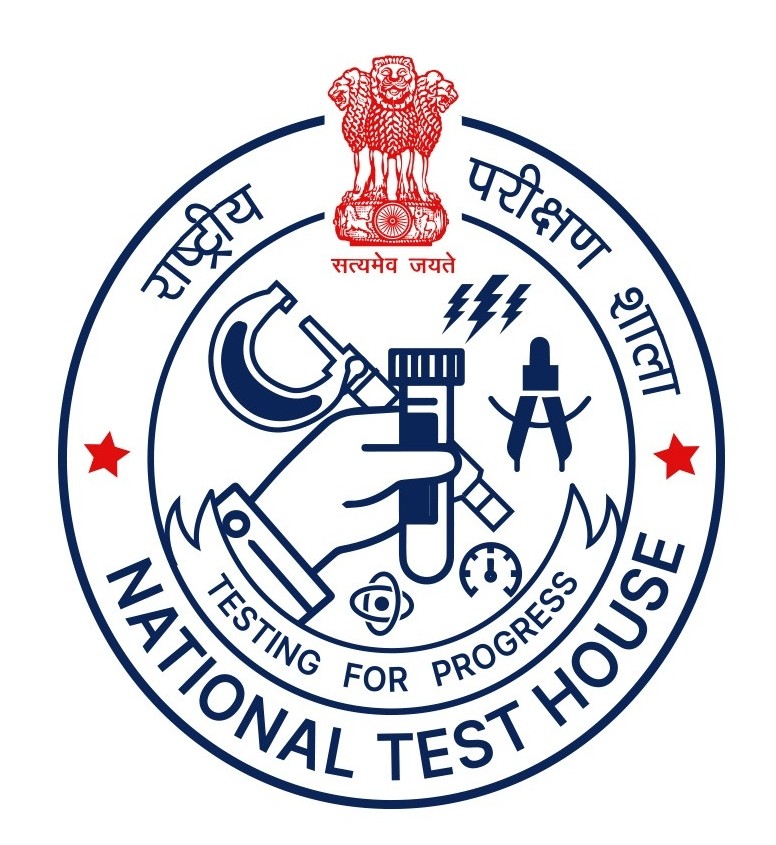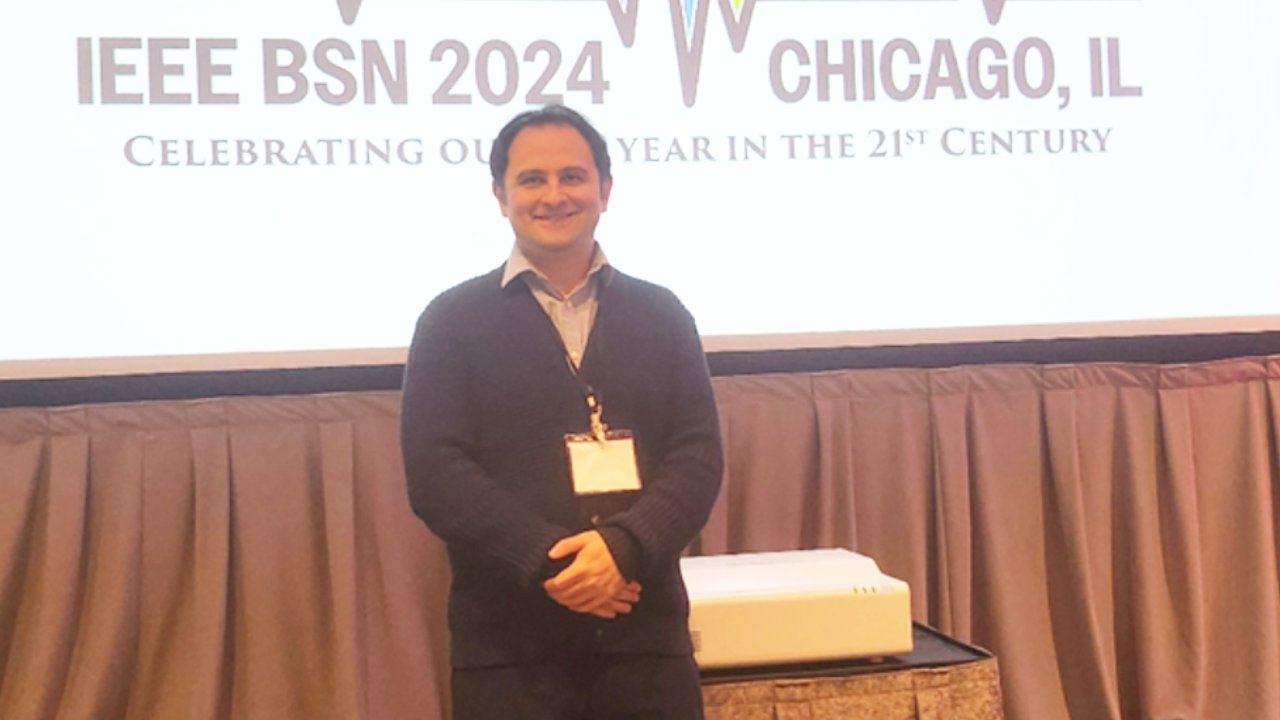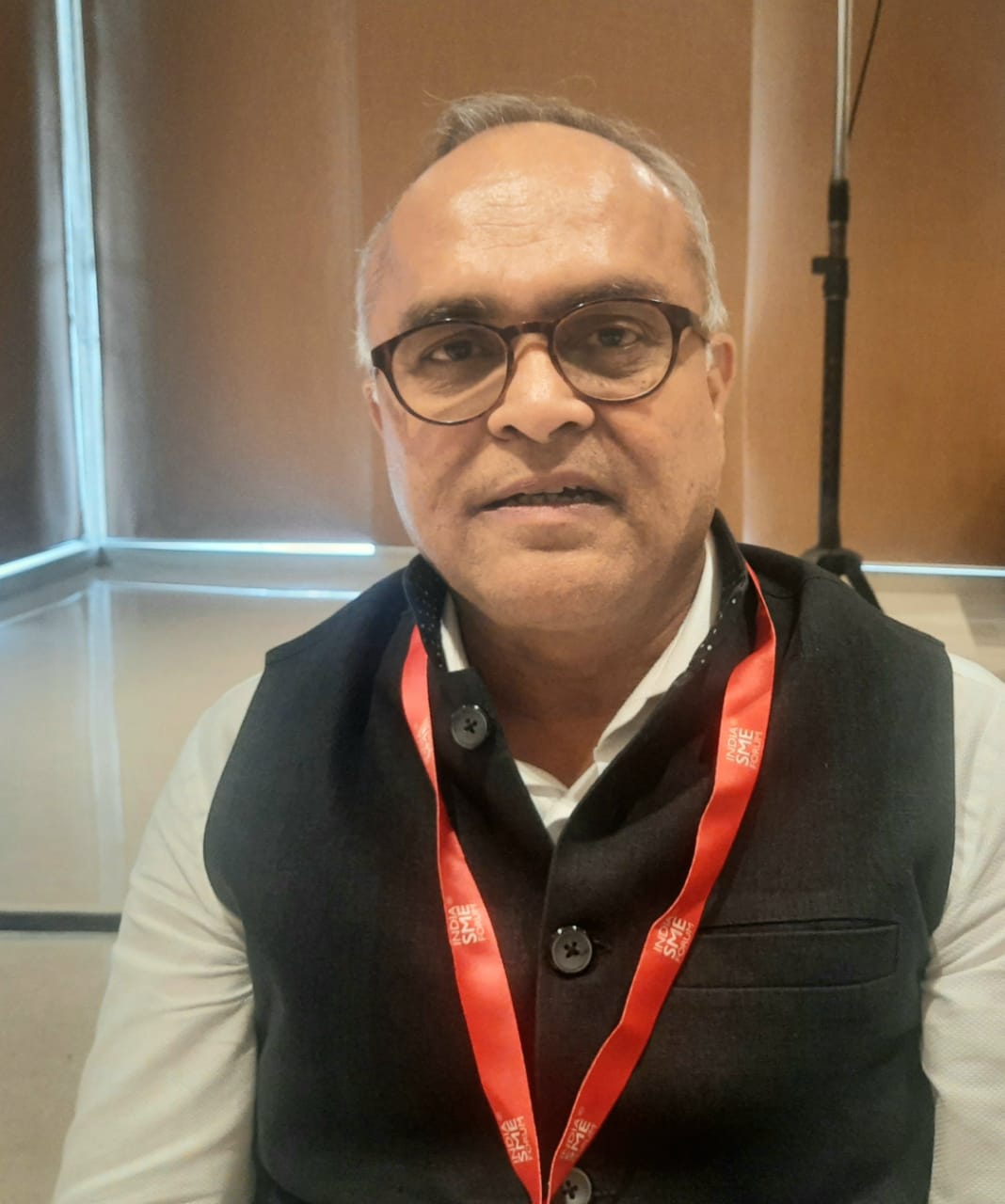The National Test House (NTH) leads as India’s foremost scientific testing authority. Functioning under the Department of Consumer Affairs, Ministry of Consumer Affairs, Food & Public Distribution, NTH has grown into the country’s largest multi-location, multidisciplinary industrial testing laboratory. Initially set up to support the Indian Railways by promoting import substitution, NTH has since expanded its scope. Today, it plays a critical role in safeguarding product quality and public safety across a wide range of industries.
With regional centres in Kolkata, Mumbai, Chennai, Ghaziabad, Jaipur, and Guwahati—and a satellite unit in Varanasi—NTH delivers advanced testing, calibration, and quality assurance services that comply with both national and global benchmarks. Its team of expert scientists and engineers actively contributes to shaping Indian standards through influential roles in Bureau of Indian Standards (BIS) committees.
Furthermore, NTH supports the National Accreditation Board for Testing and Calibration Laboratories (NABL) and recently secured provisional approval to certify drones. This strategic move strengthens India’s rapidly evolving drone ecosystem under the Drone Rules, 2021.
In an exclusive interaction with The Interview World during the Bharat Quality Mission: Enabling MSMEs for Global Competitiveness conference—organized by the India SME Forum—Ritu Raj Srivastava, Scientist C (Electrical) at the National Test House (NR), highlights NTH’s drive to indigenize product testing. He outlines the organization’s value addition in enhancing testing capabilities and emphasizes its pivotal role in enabling drone certification. The following insights emerged from this illuminating conversation.
Q: How is the National Test House contributing to the indigenization of product testing in India, and what specific initiatives or technologies are being adopted to reduce reliance on foreign testing standards or facilities?
A: We operate as a testing agency, adhering to a range of international standards based on client requirements—such as ISA, European Norms (EN), British Standards (BS), and ASTM. However, when it comes to indigenization, the primary responsibility lies with the Bureau of Indian Standards (BIS), which serves as the national standard-setting authority.
BIS must formulate standards tailored specifically to India’s unique environmental and industrial needs. European standards, for instance, are developed for colder climates and often prove unsuitable for India’s conditions. Our country experiences a tropical climate, marked by extreme heat as well as occasional cold, necessitating standards that reflect these realities.
Therefore, the task of aligning standards with local conditions falls squarely under the purview of BIS. Their role is critical in ensuring that the standards we follow truly address the demands of our domestic environment.
Q: What specific services or support does your organization offer to help Indian companies enhance the global competitiveness of their products?
A: We function as a testing agency, conducting assessments strictly according to the standards specified by our customers.
We hold an exclusive central government accreditation under the Department of Consumer Affairs and operate as a subordinate office within this framework. Currently, we manage eight branches across the country. Seven of these branches are fully operational—in Chennai, Mumbai, Ghaziabad, two locations in Kolkata, Guwahati, Jaipur, and Varanasi. Additionally, we are in the process of establishing a new branch in Bangalore to expand our reach further.
Q: What kind of value addition is your organization aiming to bring to the field of testing, and how will it impact industry standards and product quality?
A: We provide comprehensive testing facilities all under one roof. Unlike specialized institutes such as CPRI, which focus exclusively on testing for the power sector, we cover a broad spectrum of industries. Our services span chemical, electrical, civil, mechanical, and non-destructive testing. Moreover, we offer testing for rubber, plastics, paper, and textiles—delivering a truly multidisciplinary solution in a single location.
Q: In what ways does your organization differ from the Bureau of Indian Standards (BIS) in terms of roles, responsibilities, and areas of focus?
A: We conduct the testing, while the certification agency handles the certification process. We do not issue certifications ourselves. As one of the panel labs accredited by BIS, we operate under the same ministry. Consequently, we consistently receive priority for testing BIS certification samples.
Q: What specific role does your organization play in the certification of drones, and what processes or standards are involved?
A: In India, no drone or UAV can be flown without certification from the DGCA. Until recently, the country lacked any domestic certification bodies. Only foreign agencies like UL and SGS provided certification, charging exorbitant fees—often upwards of 15 to 16 lakhs, depending on the zone and quality standards involved. Recognizing this gap, we saw an opportunity in this emerging field. We pursued certification ourselves, undergoing extensive training conducted by QCI and collaborating with the Drone Federation of India. As a result, our organization successfully became an accredited drone certification body in India.
Q: Are there any other unique strengths or value propositions of your organization that you would like to highlight for our readers?
A: We serve as the designated testing laboratory for fertilizers under the Ministry of Fertilizers. Fertilizer samples from across the state and various districts nationwide are sent to us for rigorous testing. Our scope covers all types, including organic and nano fertilizers.








